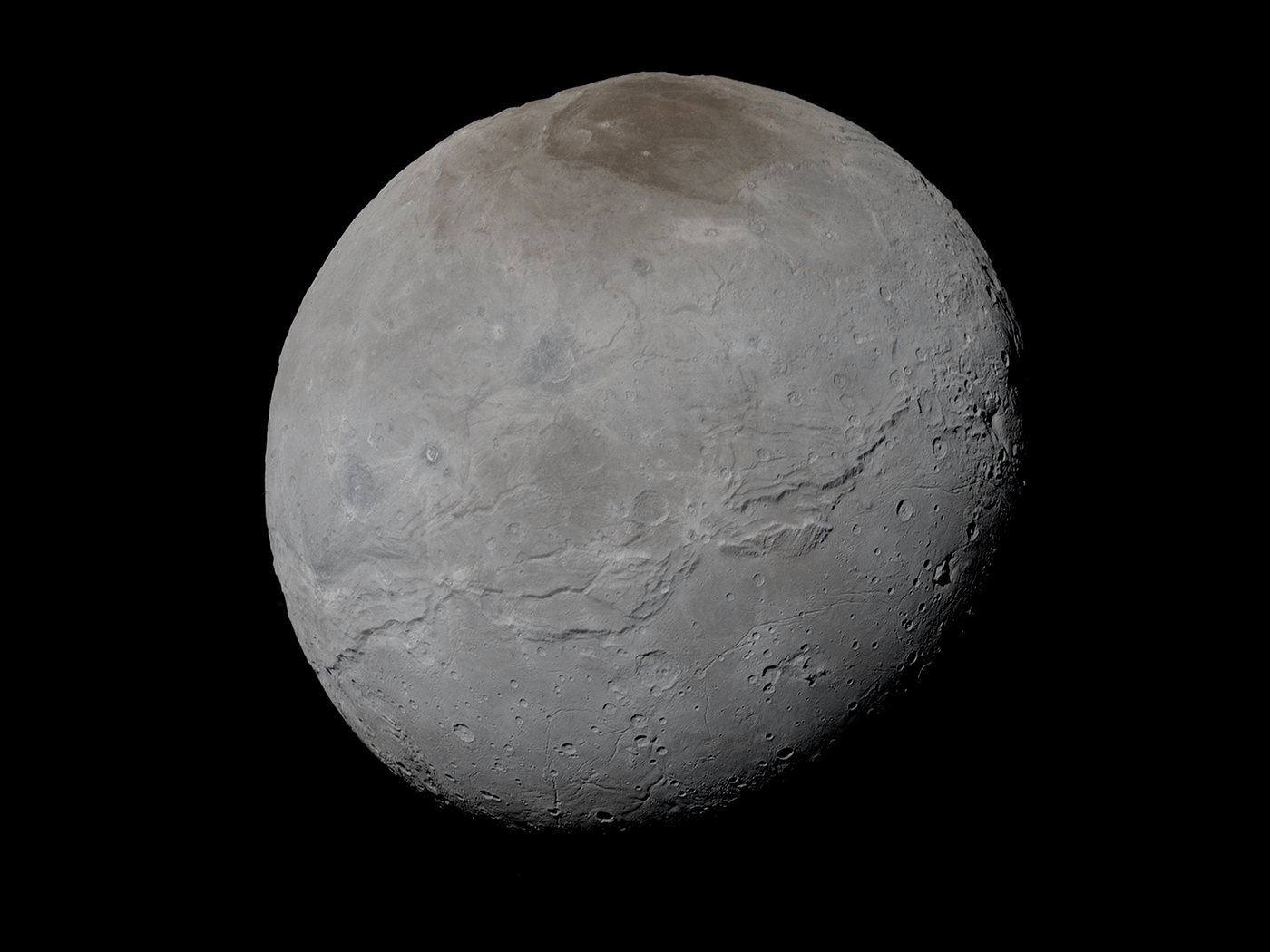Imagine a world with no oceans where it rains lead. So stifling hot that human visitation is inconceivable, the planet Venus is curiously similar to Earth, yet profoundly different. Venus has a sultry atmosphere, supersonic winds, a mountain higher than Everest, volcanic flows that look like pancakes, and about a thousand craters -- but no plate tectonics and only a weak magnetic field. Our ideas about Venus have made an almost complete about-face since 1960 when many hoped it was a lush, tropical world that might host exotic life. This hellish world now poses a serious challenge to uniformitarian views.
The idea that started Darwin down the slippery slope to unbelief was uniformitarianism: "the present is the key to the past." Reading Charles Lyell's Principles of Geology aboard the HMS Beagle, Darwin was impressed by the vision of slow, gradual changes over vast ages. Everywhere he visited on his voyage, he interpreted geological evidence through this lens. Applied to biology, it became a focal point of his theory of natural selection. The slow accumulation of gradual changes, in fact, became a motif of his entire worldview. Can uniformitarianism be extended to the other planets?
Venus has been explored by an armada of spacecraft since 1961. The mission that most revolutionized our view of Venus was the US program Magellan. Between 1990 and 1994, the orbiter mapped 98% of the surface with radar, revealing features that astonished scientists. Uniformitarianism? Lyell need not apply. Craters, mountains, and volcanic features all appear to be the same age. Planetary scientists, believing in long ages, have been forced to infer that the first 90% of the planet's history is missing!
In an interview in Astrobiology Magazine (8/16/2004), David Grinspoon called this the biggest surprise of Magellan. "If you use the word catastrophic it rubs some people the wrong way," he said, "but something dramatic happened on Venus which wiped out almost all signs of an older surface." Nobody knows what could have happened to resurface an entire planet. R. Stephen Saunders, in The New Solar System (4th ed.), made the same astonishing admission. "The geologic rule of unformitarianism -- 'the present is the key to the past' -- does not apply to Venus . . ." he said.
One idea never considered is that the missing 90% never occurred. The twentieth century has seen the revival of catastrophism in Earth geology and the discovery of "young" features like Saturn's rings and the geysers of Enceladus. Secular scientists are even exploring the possibility that gas giants like Jupiter could form in mere thousands of years. Earlier reasons for trusting the opinions of Lyell (a lawyer) have eroded away.
Should scientists be allowed to infer histories that are indistinguishable from myth? If it were not that Darwinian evolution requires vast ages (as if that would help), many of the features observed by the space program would be considered young. The planets have no obligation to Charles -- Lyell or Darwin.
*David F. Coppedge works in the Cassini program at the Jet Propulsion Laboratory. (The views expressed are his own.)
Cite this article: Coppedge, D. 2007. Venus vs. Uniformitarianism. Acts & Facts. 36 (7).



















